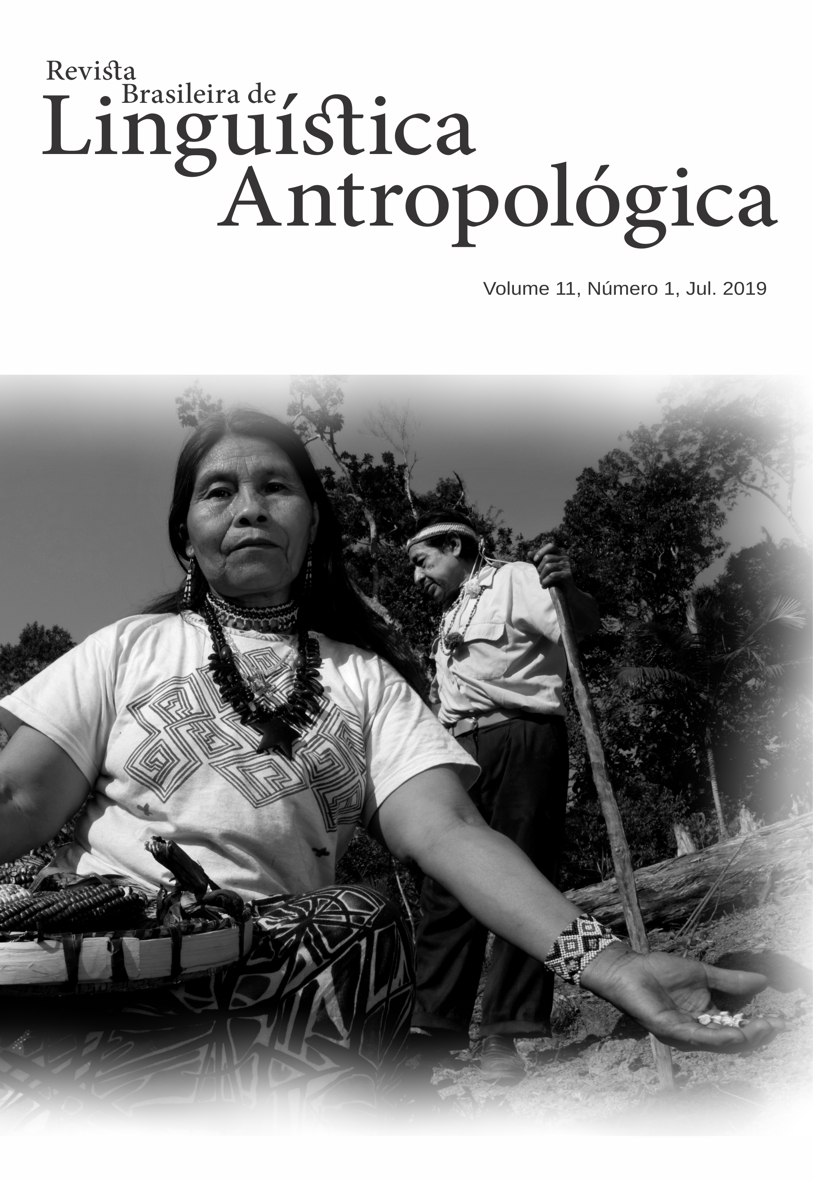Multiple dialogues in language and identities contexts: report of experiences in the wakalitesu / nambikwara community of the three Jacus village
DOI:
https://doi.org/10.26512/rbla.v11i1.23954Keywords:
Wakalitesu language. Multiplus contexts. Ortografhy.Abstract
We report experiences from the Wakalitesu/Nambikwara community of Três Jacus village, located in the Tirecatinga Indigenous Land, municipality of Sapezal-MT. The Wakalitesu indigenous group speaks a language belonging to the South Nambikwara family and is currently living in a multiple linguistic and ethnic context, due to their coexistence with other Nambikwara groups ̶ Halotesu, Mamaindê and Negarote ̶ , and with speakers of languages belonging to other linguistic families ̶ , Iranxe, Manoki and Paresi. In this plural ethnic context, most of the residents of the Three Jacus community call themselves Wakalitesu. Their desire is to promote and strengthen the indigenous language in the community and at school. With this intent, we were invited by some leaders of the Three Jacus village to give them linguistic support. In this perspective, we have proposed to combine linguistic research, developed by UFMT researchers, with a continuing education for the Wakalitesu teachers, providing the organization of meetings, workshops and seminars.
Downloads
Published
Issue
Section
License
Authors who publish in RBLA agree to the following terms:
a) Authors maintain the copyright and grant the journal the right of first publication, and the work is simultaneously licensed under the Creative Commons Attribution License, which allows the sharing of the work with recognition of the authorship of the work and initial publication in this journal.
b) Authors are authorized to assume additional contracts separately, for non-exclusive distribution of the version of the work published in this journal (eg, publish in an institutional repository or as a book chapter), with recognition of authorship and initial publication in this journal.
c) Authors are allowed and encouraged to publish their work online (eg, in institutional repositories or on their personal page) at any point before or during the editorial process, as this can generate productive changes, as well as increase impact and citation of the published work.







